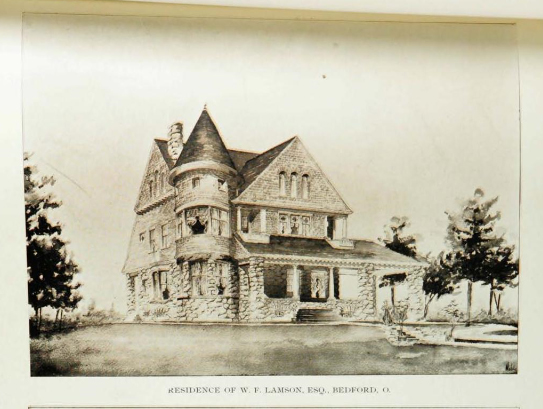Cleveland History
- June 17, 1969: The Cuyahoga River caught fire in Cleveland due to industrial pollution, an event that garnered national attention and significantly influenced environmental policy in the United States, including the establishment of the Environmental Protection Agency (EPA) and the Clean Water Act.
- June 18, 1935: The Cleveland Rams (who later became the Los Angeles Rams) were founded. The team played in the NFL until moving to Los Angeles after the 1945 season.
- June 19, 1973: Cleveland hosted its first major rock festival, the World Series of Rock, held at Cleveland Stadium. This event featured performances from major bands like The Rolling Stones and helped establish Cleveland as a key music venue.
- June 21, 1924: The Cleveland Museum of Art opened its first expansion, the Hanna wing, enhancing its capacity to house and display its rapidly growing collection of fine arts.
- June 22, 1963: The Cleveland Public Library dedicated the new Lewis Stokes wing, significantly expanding its facilities and services to the public. This wing was named in honor of Congressman Louis Stokes and his brother, Mayor Carl Stokes, who were influential figures in Cleveland’s political and social landscape.
World History
- June 17, 1972: The Watergate scandal began with the arrest of five burglars inside the Democratic National Committee headquarters at the Watergate office complex in Washington, D.C. This event eventually led to the resignation of U.S. President Richard Nixon.
- June 18, 1815: The Battle of Waterloo was fought near Brussels, marking the final defeat of French Emperor Napoleon Bonaparte by the Seventh Coalition under the Duke of Wellington, ending the Napoleonic Wars.
- June 19, 1865: Juneteenth is celebrated to commemorate the emancipation of enslaved people in the United States. The holiday originated when Union soldiers landed at Galveston, Texas with news that the war had ended and that the enslaved were now free.
- June 21, 1788: New Hampshire ratified the U.S. Constitution, providing the necessary ninth vote for its official adoption. This marked a pivotal moment in the formation of the United States.
- June 23, 2016: The United Kingdom voted to leave the European Union in a referendum known as Brexit. This decision has had far-reaching consequences on UK and EU politics and economics.







